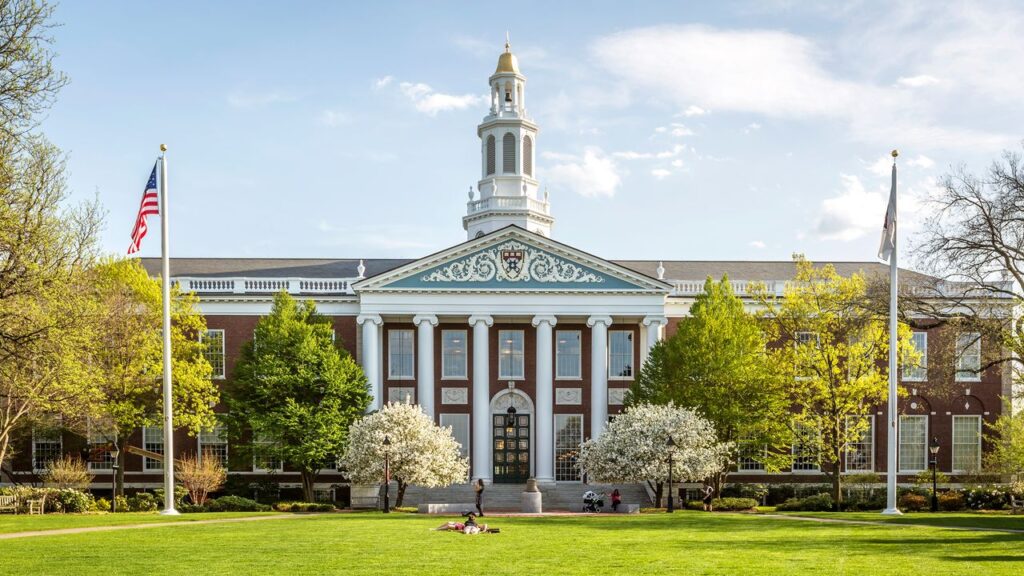Even a lack of visible online activity—or a private account—can trigger additional scrutiny, with some consular officers treating such caution as a red flag, says Elizabeth Ricci, partner at Rambana & Ricci and an adjunct professor of immigration law at Florida State University.
“Failure to comply with making social media accounts public will reflect poorly on the student’s credibility and could be reason to deny their visa,” says Ricci.
Additionally, consular officers are also looking for signs that an applicant has been or plans to misuse their visa, which could include working under the table, failing to enroll full-time, or engaging in illegal activity.
“The US Department of State has broadened their ability to deny a visa, or veto an applicant, based on what their perception of what they could do in the US, as well as their likelihood of engaging in speech which is contrary to the government’s policies and interests,” says Renata Castro, an immigration attorney at USA 4 ALL.
Expect potential backlogs and delays
The State Department had temporarily paused visa interviews for F, M, and J categories in late May to allow embassies and consulates to implement the new procedures. While appointments did resume on June 26, the reality of securing a visa has become more complicated.
“Visa applicants should expect more intensive scrutiny and potentially lengthy administrative processing,” Locke says. “The routine student visa interview of years past no longer exists under these protocols. The resource-intensive nature of the review consular officers are supposed to do means each visa adjudication could take significantly longer, and the delays could compound as consulates get more backed up.”
Visa adjudication has yet to return to normal capacity, Locke added, meaning there are fewer slots available for visa interviews than before, which has further slowed down the operation. And given that the State Department has just undergone a massive layoff of Foreign Service Officers, there is presently no clear timeline for returning to the previous processing volume.
“Students should book their interview as far in advance as possible,” Locke says, adding that because the screening will also apply to returning student visa applicants, “current international students should carefully evaluate international travel that would require them to apply for a new visa and consider staying put in the US instead.”
With increased scrutiny of digital footprints, Locke also suggests that applicants be proactive in reviewing old social media posts and cleaning up their social media presence, being mindful of how content could be interpreted.
How does this compare to the previous visa screening process?
Historically, US student visa screening focused on elements like academic credentials and financial proof, not their viewpoints.
“Given the rapid pace of visa interviews and the norm that consular officers make nearly all of their decisions on the spot while the visa applicant is present, it has never before been a normal part of visa adjudication for a consular officer to browse the internet to find out more about a visa applicant during or after a visa interview,” Locke says. Under the previous administration, a consular officer could “ask wide-ranging questions during a visa interview for a student, but it would have been rare in the past to delve into a student’s political beliefs or opinions about the United States,” he adds.
https://www.cntraveler.com/story/us-student-visa-new-social-media-vetting-rules


